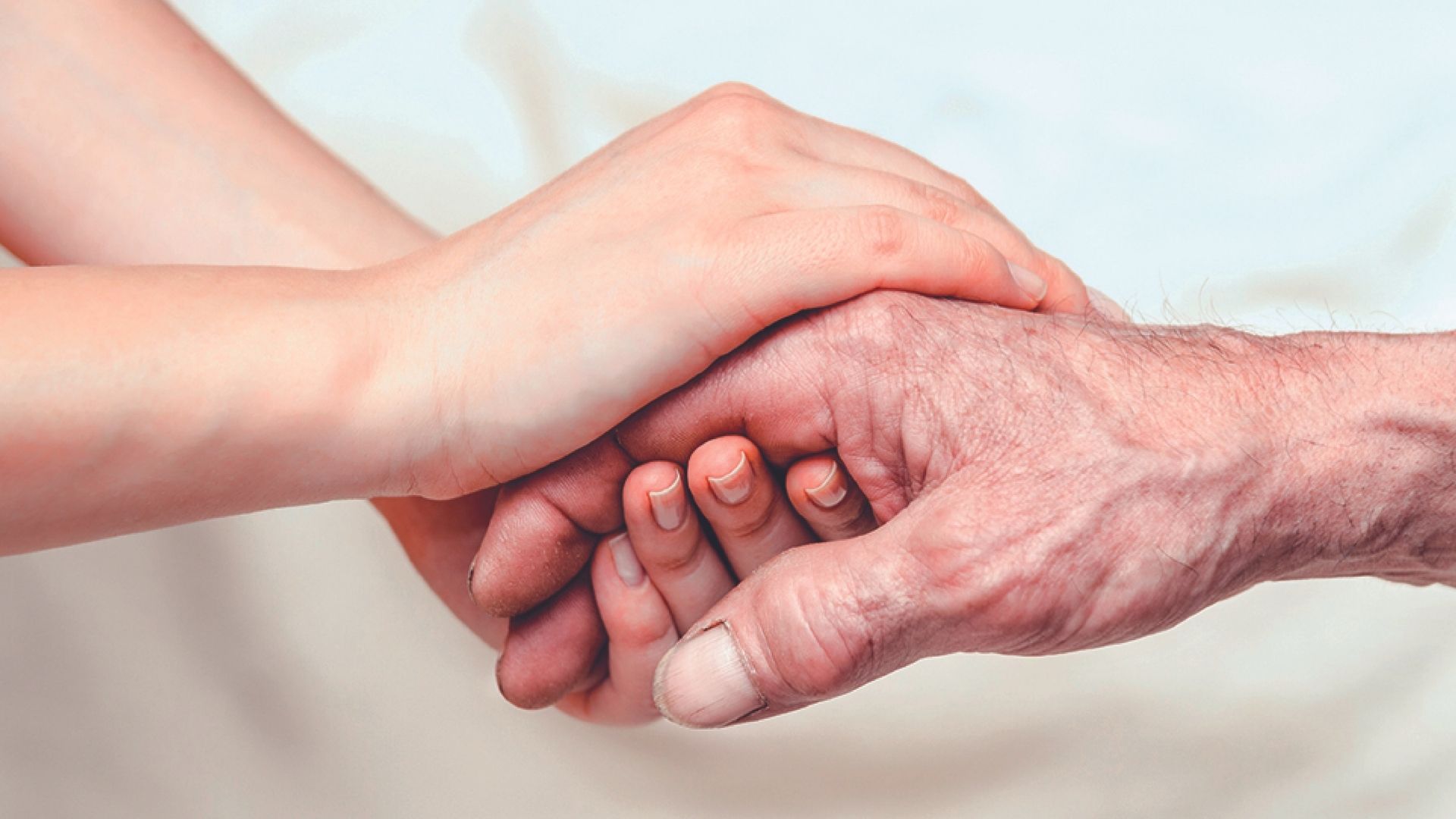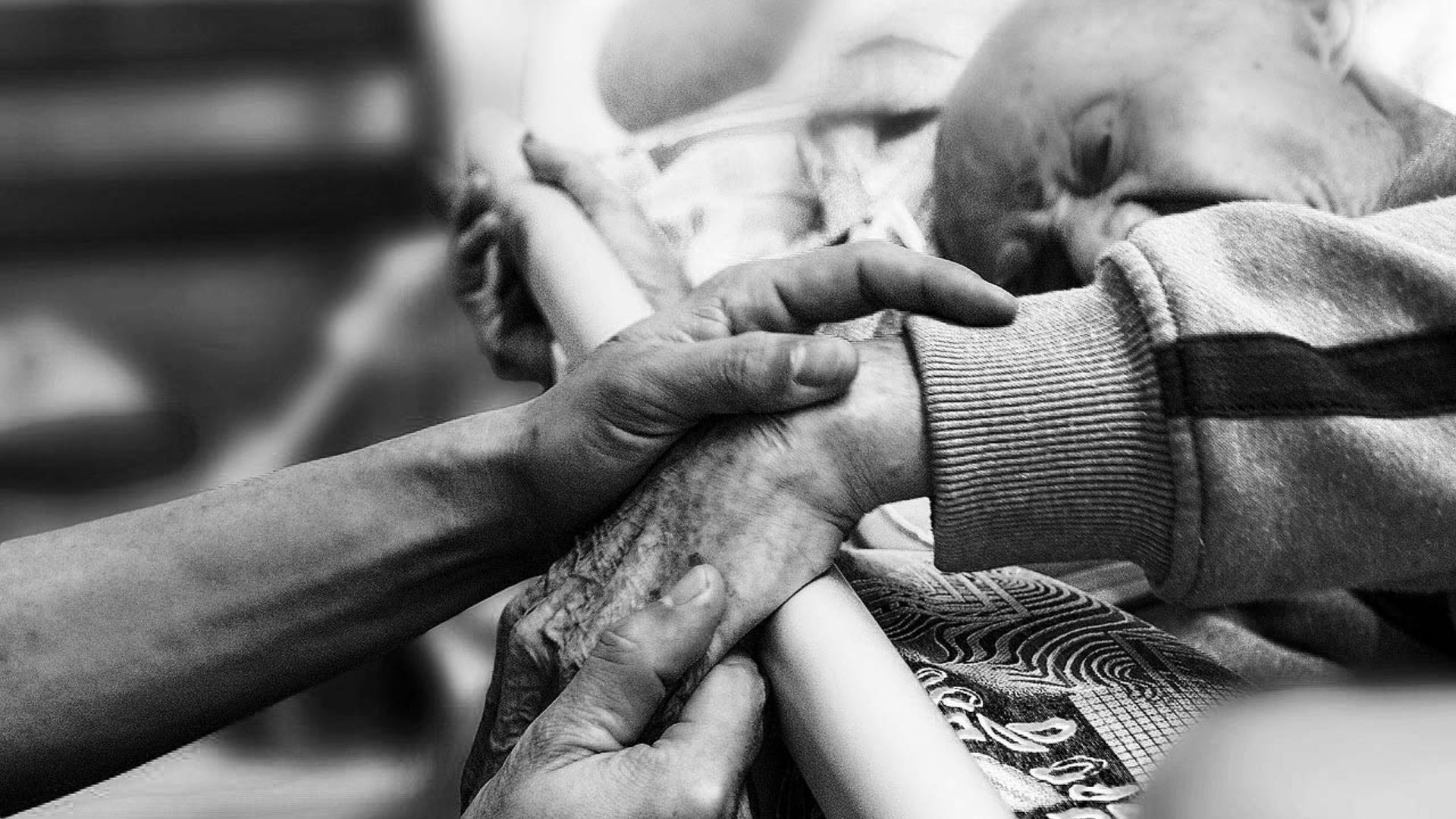According to Howard Gleckman, a published author and writer whose professional expertise is founded on long-term care, health care, elder care, caregiving, tax policy, budget policy and economics, it costs families more to care for a frail older adult than to raise a child for the first 17 years of his life.
In our monthly Big Read Unwrapped, TheHomeGround Asia takes a closer look at the high physical, emotional and financial price family caregivers pay and speaks to three family caregivers on how prolonged caregiving has adversely affected them.
Impact of caregiving within a rapidly ageing Singapore
Singapore’s ageing society is putting tremendous strain on public health and welfare programs to meet the needs of ageing individuals. It is at a significant cost when able-bodied young people make the hard choice to quit or modify their careers to care for elderly or ailing family members.
In a 2018 study on the financial impact of eldercare on family caregivers by the Association of Women for Action and Research (AWARE), more than 3 in 5 caregivers interviewed experienced a negative change in employment status and income because of caregiving.

To cope with caregiving, they either switched from full-time to part-time work, stopped work entirely, and as a result, suffered a 63 per cent loss in income on average.
Reflecting this is a recent US study by the Rosalynn Carter Institute for Caregivers. It found that one in five full-time workers cares for a family member with a serious illness or disability. Nearly 20 per cent of them said they had to quit a job to care for a relative and 40 per cent said they had to go to part-time work.
Three-quarters said they had had to leave work early to care for a loved one, 7 in 10 took time off and 3 in 5 had to take two or more days off.
Caregiving of aging parents: A marathon with no end in sight
It has been found in studies worldwide that the burden of caring for aged parents rests on the shoulders of single, unmarried children. This is not a phenomenon unique to Singapore.
A government survey 10 years ago found that when it comes to informal caregivers in rapidly ageing Singapore, 3 in 5 of them are women. From the same study, 35 per cent are unmarried, and between the prime earning ages of 45 and 59.
Although a 2019 study by the AWARE reflected the previous one, the landscape, according to co-founder of SG Assist Adrian Tan, has changed.
Speaking at the Big Read Unwrapped roundtable, Mr Tan, who is the primary caregiver of his mother who was diagnosed with breast cancer and who developed depression from the diagnosis, says the studies are skewed because “men are less likely to open up to others when they feel stressed or overwhelmed by caregiving responsibilities” and that “men choosing to be caregivers of parents, children or spouses, see it as a responsibility, not caregiving”.
Little light is often shone on male caregivers in our community and men like Mr Tan and former financial journalist Goh Eng Yeow are shattering the boundaries of what is traditionally expected from sons. Both their stories highlight the growing number of men caring for loved their ones and the need for increased support for male caregivers.

Mr Goh, who was the primary caregiver for his late parents, believes in the elderly ageing in place and “dying in his or her own bed at home”.
“Being a family caregiver is like running a marathon. You don’t know how long it will last. Research tells me that dementia lasts 10 years. So does that mean I have to anticipate that my mother will die in 10 years?” design consultant Kris Foo says.
All three had the responsibility of caring for their elderly parents thrust upon them.
“There was no consulting,” Ms Foo says.
“There is no playbook and it is an uphill task. You are rolling a rock uphill and it gets heavier and heavier as you go along,” Mr Goh says.
RELATED: Burden of aging parents rests on the shoulders of single, unmarried children
Caregiver burnout is real and takes a toll on health, and state of mind
Like the lyrics of singer Jess Glyne’s song Why Me, perhaps caregivers often ask themselves:
Time, it never was enough, no time
I always tried to fit around your life
With no consideration over mine, mine
No, wrong
Everything was right and now it’s gone
Like a tree, it cut me down and let me go
Like I was always banned from sayin’ no
No, no, no, no
All three caregivers share the typical profile of being the single, unmarried child and had the initial question of “why me?”. To them, physical and emotional burnout is real.
Ms Foo suffered caregiver burnout twice. The first was in 2015, after having to face daily bouts of tantrums that stemmed from her mother’s depression and anxiety.
“I woke up one day and I just started crying. It frightened both the helper and my mother,” she says.
After having spent 24/7 during the Circuit Breaker of 2020, she was told by her mother’s geriatrician that it was time to “care for the caregiver”, as the doctor could tell she was heading towards another burnout. So applications were made to send her mum to a nursing home.
Although Ms Foo knew that such a decision would be crucial for her mental well-being, it is one that she made while ridden with guilt.
Mr Tan, like Ms Foo, went through caregiver burnout twice, the second also left him wracked with guilt.
“My mother’s depression often made her suspicious of my father and they often argued. She would get worked up until she loses consciousness. Once when I wasn’t home, they argued and I came home to my mother unconscious on her bed. I was so emotional that I went out to the stairwell and cried,” he recalls.
The second time, Mr Tan sobbed on the plane on his way to Australia to complete his studies.
“I was worried. What is something happened while I was away? Then I received a text from my mother and it said, ‘I love you, son.’ That was when I broke down. My fellow students probably thought I could not get away from Singapore fast enough that I was crying,” he says.
While caring for his late parents was “draining”, Mr Goh says he never experienced burnout, believing that it was his Buddhist religion that helped.
“Of course, there was resentment at first but I felt it was my duty to care for my parents and if you ask me would I do it over again, I would say ‘yes’,” he says. His mother died at home but he was “too late to rescue my father”.
“He was in the ICU (intensive care unit) of the hospital where he died. I regret it till this day,” he says.
Mr Goh says to help caregivers ease their financial burden and offset the cost of caregiving training courses, there are several grants from the government that they can tap into.
RELATED: Caregiver burnout: Taking a toll on health, relationship and state of mind
Knowing where to look for financial help, respite
Ms Foo had to dip into her savings and spent nearly S$100,000 for her mother’s care and at one point, she had to borrow money to put food on the table.
Mr Goh says if caregivers know where to look for help, there is no need to fork out that much cash from his or her pocket and depleting savings.
“There are so many schemes available and you need to be an expert in navigating the system to make use of them,” he says.
“Mum had bed sores and thanks to the doctors at TTSH (Tan Tock Seng Hospital) who got hold of the Home Nursing Foundation (HNF) to come take a look at mum. When they found out that my helper and I were still carrying mum, they helped to get a grant from AIC (Agency for Integrated Care) for a hospital bed,” he says.
Apart from the S$200 Caregivers Training Grant, administered by AIC, there are other grants available, such as the Home Caregiving Grant (HCG) that provides caregivers with a S$200 monthly cash payout to defray caregiving expenses, such as the costs of eldercare services or hiring of a foreign domestic worker.
But Mr Tan says not everyone knows what these grants are, how to apply or worse, qualifies for them.
“Because I live with my parents and we are a low middle income family, we do not qualify for grants from AIC. Mr Goh has his own place. That is how his parents were able to benefit from the grants. Unless I move out of my parents’ home, there is no way we can benefit,” he says.
Mr Goh adds, “It is never the government’s intention to deny the people of what they provide. But I think some of the criteria of these grants can be tweaked.”
Agreeing, Ms Foo says the mechanics and application processes are “befuddling” to someone who is educated, let alone someone who is not.
Mr Tan then suggests rather than allotting monies to strengthen the medical eco-system, why not give the finances to family caregivers, “like the allowance given to national servicemen”.
“Instead of having big corporations building hospitals and nursing homes, give the cash to caregivers or put it into professional training of family caregivers so that we don’t have to send our elderly loved ones away to institutional care,” he says.
RELATED: Recognising caregiver sacrifice
Join the conversations on TheHomeGround Asia’s Facebook and Instagram, and get the latest updates via Telegram.



























